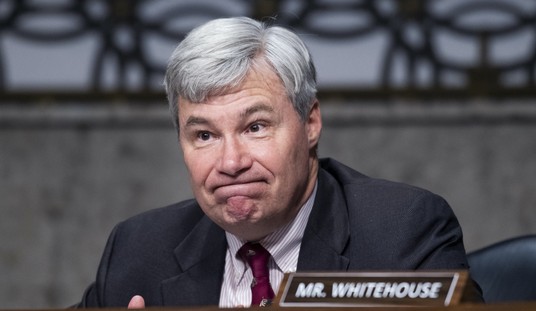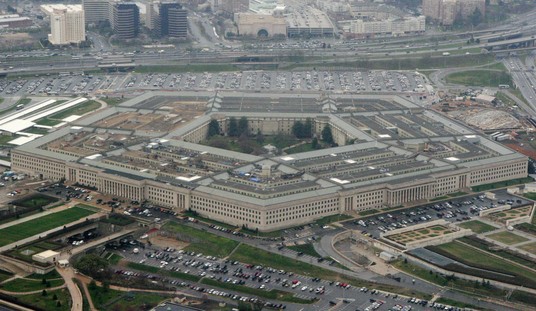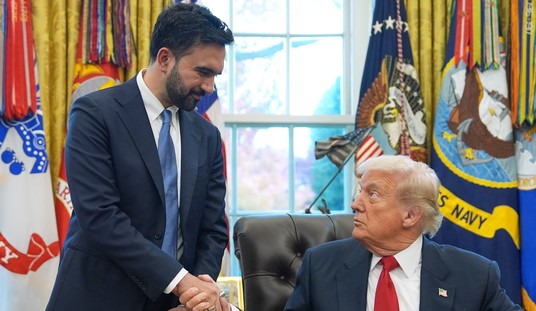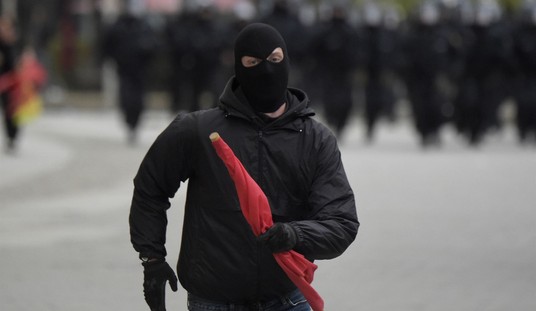With Libya going down the drain, Egypt daily moving toward an Islamist dictatorship, and Syria in a bloody civil war between Sunni and Shia Islamists, how is Tunisia — the most potentially moderate Arab state which had the best chance of achieving democracy — doing?
Not very well.
Anna Mahjar-Barducci, one of the best authors writing about North Africa, has produced a comprehensive article on Tunisia for MEMRI. She is also author of “Understanding the `Islamist Wave’ in Tunisia,” which appeared in the MERIA Journal (of which I am the editor).
While Tunisia is being run by a coalition of the Muslim Brotherhood and two secular parties, the Brotherhood’s power is growing, while Salafist groups are free to intimidate people. The most vocal opposition leader, Chokri Belaid, was assassinated; indications are that this killing was backed and even organized by the ruling Islamists.
President Moncef Marzouki is being described as weak in the face of this Brotherhood takeover. A former human rights advocate, he is backing down to the Brotherhood’s al-Nahda Party, the largest party in the government. He has called the opposition “secular extremists” who are seeking to stage a coup, but he never criticizes the violent Salafists.
Note that his claiming the opposition seeks to seize power by force authorizes “regime defenders” to attack them by force. In fact, Marzouki threatened that opposition members who were trying to overthrow the government would be hung. He has threatened anyone criticizing Qatar — al-Nahda’s financier — with prison.
Unlike other Arab countries, however, the moderate democratic opposition is well-organized and has not been intimidated. Not yet, anyway.
On March 31, 2013, Marzouki’s own party — the National Council of the Congress for the Republic — appointed the president’s chief of staff Imed Daimi as secretary-general. He was soon forced to resign, however, when it was pointed out that it was strange to have a “center-left” and “secular” party led by a man with a long record of having been an Islamist militant. He was also a featured speaker for the Turkish Islamist front group, Union of Good, which has connections with terrorist groups.
Whatever Daimi’s current views, the idea that the president’s party and one of the governing coalition’s two “liberal” members would have been headed by an Islamist fellow traveler stirred up strong objections.
Like the Communists historically, Islamist groups have been adept at creating front groups, fellow travelers, and massive disinformation campaigns (see the creation of the “Islamophobia” theme in the West).
Meanwhile, the main Salafist group in Tunisia — Ansar al-Sharia, which has periodically engaged in low-level violence — has now threatened to launch a war of terrorism against the ruling party, which it says is only pretending to be Islamist.
Here’s a MEMRI report on this threat. And here’s an example of the kind of riot that results.
One columnist in the Guardian is critical of the Muslim Brotherhood ruling party in Tunisia. Why? Because it is moving in an anti-democratic direction? No. Because it isn’t working hard enough to integrate the “moderate” Salifists. Note this new invention, following that of the “moderate” Islamists and “moderate” Muslim Brotherhood.
Meanwhile, to show Tunisia’s gratitude for the Obama administration’s help in its turnover of power to the Brotherhood, twenty people were sentenced for an attack on the U.S. embassy in which four assailants were killed and many wounded last September. They received a two-year suspended sentence. Tunisia is also the only Arab country where an eternal refusal to accept Israel, even if Israel and the Palestinians agree on a two-state solution, is written into the Constitution.
At any rate, things do not look good for Tunisia. And if Tunisia can’t make a real, non-Islamist democracy, there is scant hope for Egypt, Syria, or any other Arab state to do so.









Join the conversation as a VIP Member